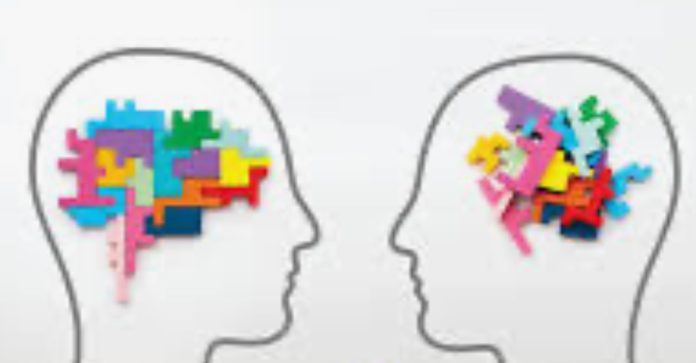Brain injuries can have life-changing impacts on people of all ages, but this is perhaps more keenly felt among younger people.
1,415 children aged 0-15 suffered a traumatic brain injury according to the most recent NHS statistics for 2019-20, with 583 young adults aged 16-25 also experiencing this type of injury. For both age groups, the injury did not feature a loss of consciousness.
Given the potential impacts of these injuries, it is paramount that prevention is focused on by parents, teachers, and coaches.
Common causes of brain injuries
Falls are the leading cause of brain injury in younger people. This is particularly true for young children who are still developing balance and coordination. Road traffic accidents are another significant cause, with young cyclists and pedestrians at higher risk.
Brain injuries can also occur during sports and recreational activities, especially those involving contact or high speeds.
Potential consequences of brain injuries in young people
The consequences of a brain injury can vary greatly depending on the severity of the impact. However, even seemingly minor head injuries can have lasting effects on young people. These can include:
• Cognitive difficulties: Problems with memory, concentration, and learning.
• Behavioural changes: Increased impulsivity, irritability, and difficulty controlling emotions.
• Communication problems: Difficulty speaking and understanding language.
• Sensory problems: Issues with vision, hearing, or balance.
• Seizures: Electrical disturbances in the brain that can cause involuntary muscle movements.
• Depression and anxiety: These are common mental health problems that can follow a brain injury.
Early intervention and support are crucial in helping young people recover from a brain injury and minimise long-term consequences. If the injury was suffered as a result of negligence, a brain injury solicitor may be able to advise on making a compensation claim to cover costs for any adjustments required as a result.
Preventative measures
The good news is that many brain injuries are preventable. Here are some key strategies:
• Supervision: For young children, close supervision is essential, especially around stairs, water, and in playgrounds.
• Protective equipment: Helmets are a must for cycling, skateboarding, and other activities with a risk of falls. Appropriate headgear is also crucial for some contact sports.
• Road safety: Teach children about road safety rules and ensure they use appropriate crossings and wear high-visibility clothing when walking or cycling near traffic.
• Safe play environments: Playgrounds should have soft surfacing under equipment, and trampolines should only be used with adult supervision and safety netting.
• Sports safety: Young athletes should be taught proper tackling techniques and other safety aspects of their sport. Coaches and officials need to be trained to recognise and manage potential head injuries.
Concussion recognition and management
Concussion is a type of mild brain injury that can occur from a blow to the head.
The FA’s new concussion protocols are a positive step in junior football, ensuring players suspected of concussion are removed from the game and properly assessed by a medical professional before returning to play.
Symptoms of concussion include:
• Loss of consciousness
• Memory loss
• Disturbances in vision
• Periods of confusion or delay in answering questions
Any child displaying these symptoms should be removed from any form of sport immediately. Suffering multiple concussions has been linked to a wide range of cognitive issues including chronic traumatic encephalopathy (CTE).
If you like our content, join us in helping to bring reality and decency back by SUBSCRIBING to our Youtube channel: https://www.youtube.com/channel/UCQ1Ll1ylCg8U19AhNl-NoTg AND SUPPORTING US where you can: Award Winning Independent Citizen Media Needs Your Help. PLEASE SUPPORT US FOR JUST £2 A MONTH https://dorseteye.com/donate/







